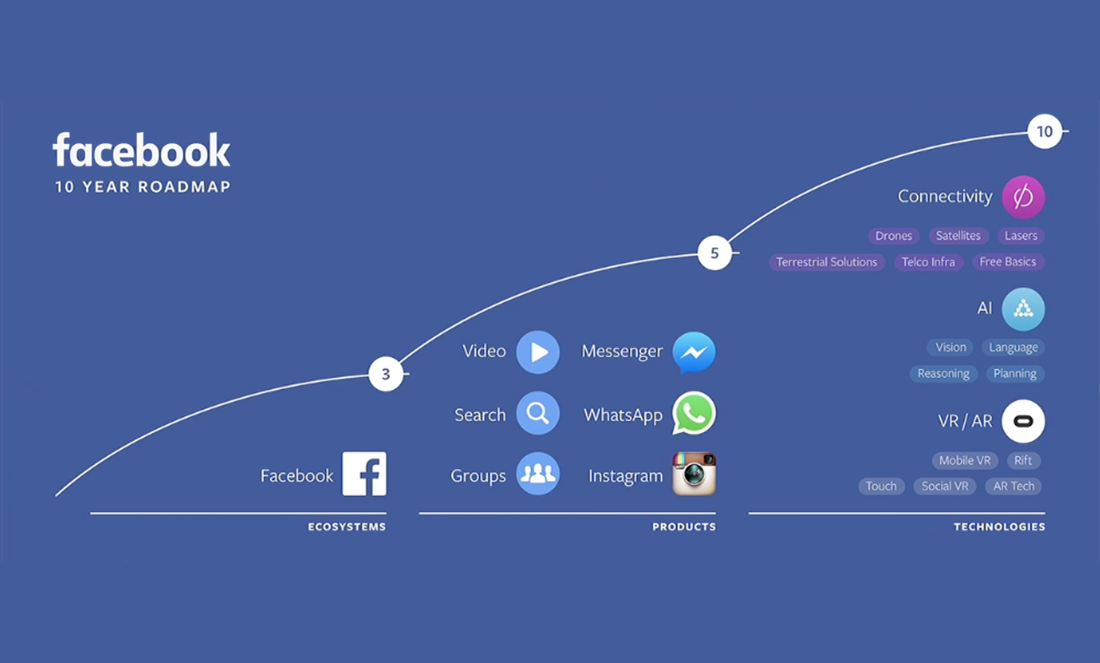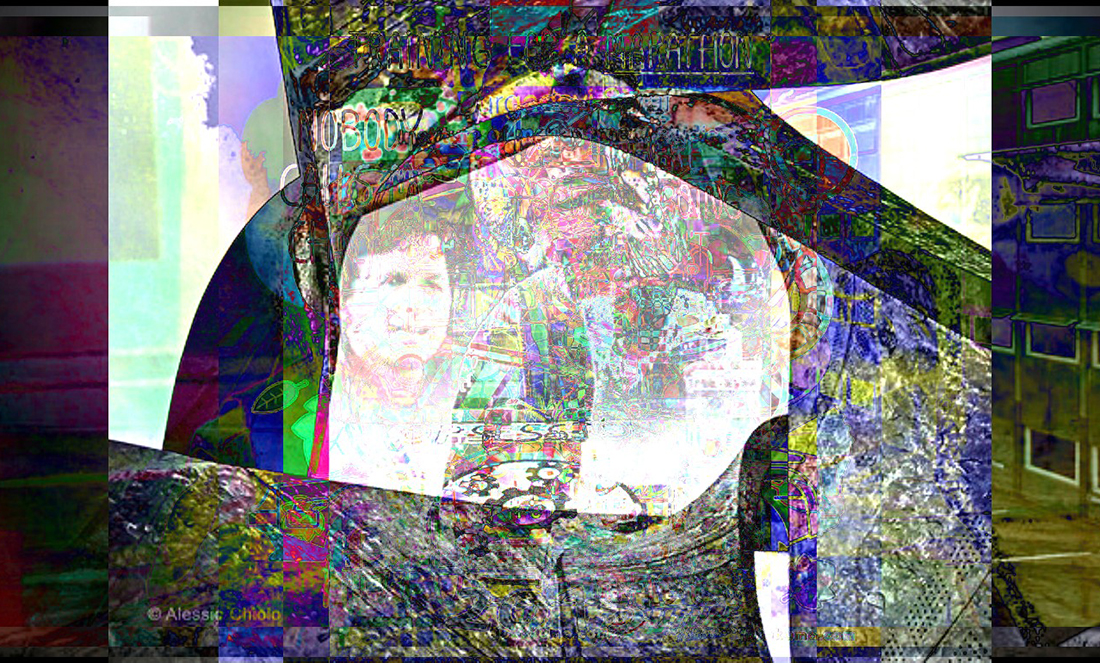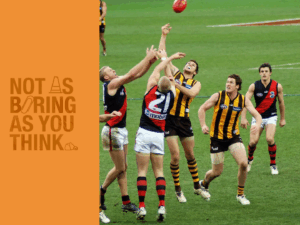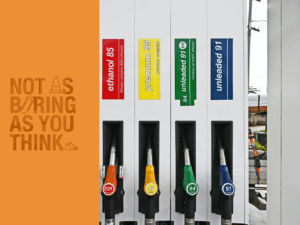If you were at college or university in the middle of the last decade, you might have been one of the early users of Facebook. This was a time when it was a locked-down, student-only site. Until September 2006, it required a university address to gain access.
Disrupting privacy
You probably also remember how different Facebook was from the rest of the internet at the time. Everywhere else, you’d use an avatar and a pseudonym, never your legal name and photo of your actual self.
In the 15 years that Facebook has been around, the internet has drastically changed. Or, more precisely, Facebook has drastically changed the internet. It’s thanks to Facebook that we are all now our real selves on social media. We are far less concerned about privacy. That, or we have simply given up, feeling like we’ve already lost it and nothing can be done.
In the 15 years that Facebook has been around, the internet has drastically changed. Or, more precisely, Facebook has drastically changed the internet.
Throughout this time, Facebook’s mission has been to make the world more open and connected and, more recently, to bring the world closer together. In practice, this has actually meant making the world less private.
In a manner not too dissimilar to Uber’s disruption (destruction?) of the taxi industry, Facebook disrupted identity and privacy online.
But Facebook is not done yet.
Facebook beyond Facebook
You see, Facebook is already far beyond the social media game. They now have their fingers in all the emerging tech that everyone is saying will change everything. You know, all the technologies with acronyms: VR, AR, AI.
Recall that, back in 2014, Facebook bought Oculus VR—a move that, at the time, perhaps seemed a bit off brand for Facebook. Then, last year, they unveiled their 10-year roadmap. What’s on the menu? Lasers (of course), drones, social VR and AI vision and reasoning.

What is Facebook looking to disrupt next?
What will another 15 years of Facebook (and Google and Amazon) mean for society? For privacy, identity and even freedom?
Playing with the future
Predicting the future is a tricky game. Speculative fiction provides a useful game strategy and has been used to provide a way of thinking about possible futures based on current realities.
While the future most probably will not look exactly like what is currently being imagined and written about, it provides a useful way of thinking about what we can change now to create a more positive future.
With that in mind, let’s do a similar thought experiment. What could 2034 look like if we continued along our current trajectory?
Visions of the future: a day in 2034
It’s Monday, 5.53am. You have a busy day ahead.
You didn’t get enough good gigs over the weekend, so you’ll have to make up for it today.
Work has changed a bit since 2025, when they brought in that new HumanRank. HumanRank is similar to China’s Social Credit Score, which was officially launched by their government in 2020, after 6 years of trials and preparation. Instead of being government run, however, HumanRank is run by the GFA Group. GFA was formed by an alliance of the three major tech companies in 2023, when, to create HumanRank, they pooled all the data they had been collecting since the early 2000s.
You were always really careful about who your friends were, where you went and what you said. You are used to everything recording you and everything you do being recorded. Because everyone wants to know everything, especially GFA’s algorithms. It was always Facebook’s mission to bring people closer together.
Now GFA provides an even better way to make this happen by recording and sharing everything everyone does, gathered from implants and wearables on our bodies to sensors and cameras almost everywhere.
And now with HumanRank, there are real consequences to what you do.
HumanRank essentially operates in the same as Facebook always had—quietly keeping track of everything you did. Back in simpler times, they only used that information to pick which ads to send you. Now they’re also using it to, as they say, nudge you towards being a better person and member of your community.
But really, good humans are rewarded, bad ones are punished. The easiest way to deal with all of it is just being perfect all the time.
And yeah, not being perfect last week is why you didn’t get enough good gigs over the weekend.
Normally, the gigs you had would have been described as white collar or office work, back when most people worked in offices together. Writing short marketing pieces, editing documents, that sort of thing. It didn’t always pay well, but you felt lucky to be spared the horrible stuff the lower echelons of society had to deal with.
But last week, you had a bit of a disagreement with a client named Stefan about the quality of work you had delivered. Stefan has a higher HumanRank score than you. You both thought you had turned off your Oculus mixed-reality contact lenses (actual glasses?—that’s so last decade) so that you could have that conversation off the record. Maybe it was that new firmware update, but it seems turning the lenses off doesn’t turn off the microphones any more.

Anyway, getting back to that little disagreement. There were rather a lot of swears, and since it ended up being recorded by your lenses, it lowered your ranking a bit for being anti-social. Then your client gave you a really bad review. And of course since he had a really high ranking, that lowered your score even more.
You got edged towards being a bad human.
You’re kicking yourself. It is really hard to be perfect all the time.
***
As you lie in bed, some potential gigs pop up on your lenses. Since your ranking went down, the algorithm has started allocating crappier, lower-paying jobs. And fewer of them.
You’ve done a few things to redeem yourself. Held doors open for people, posted nice things about Facebook. But you’re still not back to your old ranking—the one you had before the incident last week.
Someone wants their yard cleared of dog faeces. For $5/hour.
Someone else had a raging party over the weekend and wants the vomit and empty bottles and general disaster cleaned up. For $6/hour
An abattoir needs a casual worker for the next 7 days. 12-hour shifts, starting this afternoon, for $100 a shift.
You need the money, so you pick the abattoir gig. Good thing you never wanted to be a vegetarian.
***
It’s 4.30pm. You’re about to start your first shift at the abattoir.
The front of the place has a wholesale market open to the public. You walk in, looking for the owner.
The owner is sitting in her office, a small dingy room that sits between the active area of the abattoir and the wholesale market. She gives you a briefing of the work, hands you a thick black apron and some gloves and points you towards a mop, bucket and some cleaning supplies. You’ll start by cleaning the market area, says the boss.
You don the apron and head back out to the front, cleaning supplies in tow.
Just as you begin mopping, your former client Stefan, accompanied by his entourage, walk in. All of them high ranking, of course.
You are mortified and enraged, stressed and exhausted. It’s Stefan’s fault you’re in this situation. And of course, being the idiot you are, you let your feelings be known. And not in a very nice way.
Satisfying in the moment, but thanks to your actions being recorded by Stefan and Co’s mixed-reality lenses and uploaded to HumanRank, you’ve metaphorically shot yourself in the foot.
No more work for the rest of the month at least. Not even at the abattoir.
Coda
What happens next? How realistic is this future?
Until recently, it may have seemed inevitable to many.
Yet, as this is being written, Facebook’s stock has dropped more than 10% and #deletefacebook is trending on Twitter. People are waking up to the hidden costs of Facebook’s ‘free’ service, which is proving to be far higher than an abstract notion of giving away one’s privacy. Facebook is now causing depression, dividing communities and disrupting the democratic process. And it looks like we may have finally had enough.
As the fictional time traveller Doc Brown remarked, “Your future hasn’t been written yet. No one’s has. Your future is whatever you make it, so make it a good one.”











